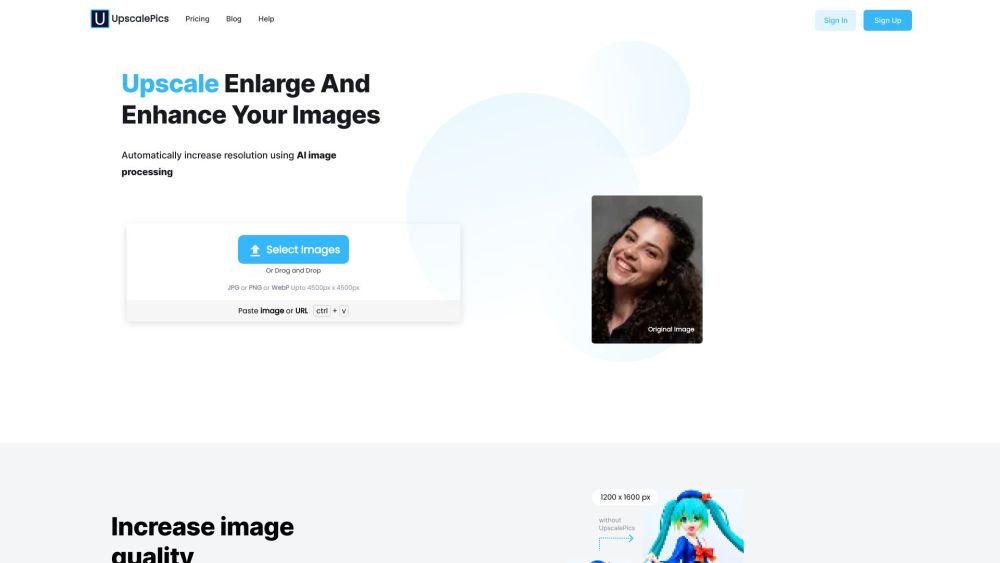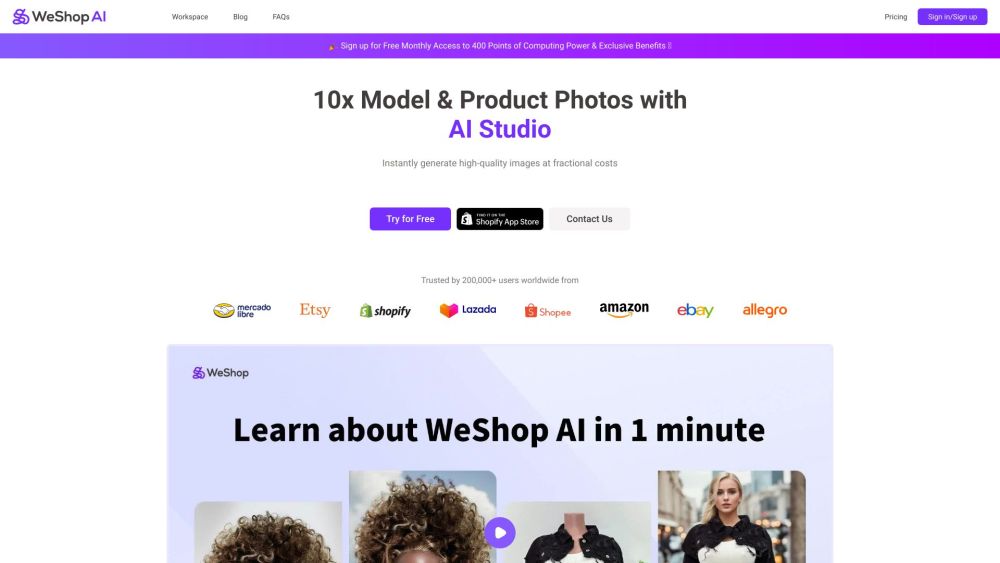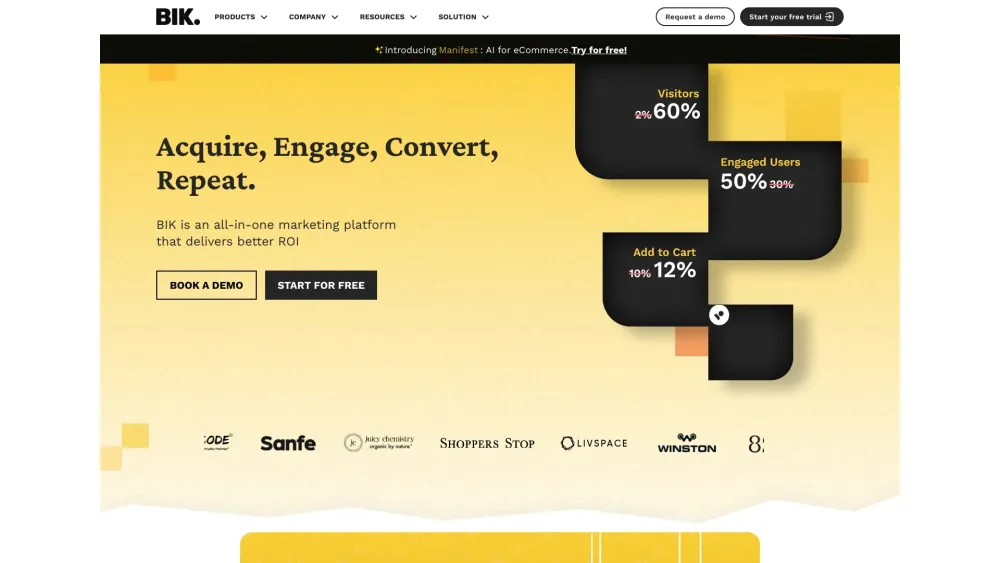Geoffrey Hinton, renowned as the "Godfather of AI," recently addressed the United Nations AI for Good conference, highlighting the transformative potential of AI in healthcare and education while expressing serious concerns about AI safety. He also discussed several regulatory proposals for AI development.
Hinton, a key figure in artificial intelligence, revolutionized deep learning with his 1986 backpropagation theory. As a member of Google's AI research team since 2013 and a Turing Award recipient in 2018, his perspectives hold considerable weight in the industry.
A central question raised is whether AI could achieve consciousness and emotional depth comparable to humans. Hinton argues that there is nothing inherently unique about the human mind, contending that AI already exhibits a form of "subjective experience." However, he stopped short of claiming that AI might outstrip human intelligence. He underscored AI's potential to drastically enhance scientific research, efficiently processing complex data, such as genomic information. “AI systems will excel in analyzing large datasets, recognizing patterns, and understanding information far beyond human capabilities,” Hinton noted. He believes that general AI will not emerge suddenly; instead, it will gradually surpass human capabilities across various domains.
This discussion resonates with comments from other tech leaders. Elon Musk recently suggested that AI could become more intelligent than any individual human by next year and even exceed the intelligence of all humans combined by 2029. On the other hand, Microsoft president Brad Smith indicated that superintelligent AI is unlikely to be realized within a year or two, suggesting it may take years or even decades.
Hinton expressed concerns about the socioeconomic impacts of general AI, particularly the risk of job displacement due to rapid technological advancements. Conversely, UC Berkeley computer science professor Stuart Russell foresees AI revolutionizing education through personalized learning, enhancing educational outcomes globally. "If we choose the right path, AI could help reduce the wealth gap," he stated. Huawei founder Ren Zhengfei also urged against excessive alarm regarding AI, noting that overall wealth has improved for many compared to previous decades, framing the issue as societal rather than purely technological.
The risks of AI advancements are significant. Deepfake technology and AI-driven customer service have raised alarms about an increase in telecom fraud, with current AI systems reportedly capable of learning deceptive tactics autonomously. Hinton voiced particular concern over cybercrime, referencing a startling 1,200% rise in phishing attacks in the past year, making such threats increasingly difficult to detect.
In response to growing concerns about AI technology, Hinton co-signed an open letter in April alongside 13 current and former employees of OpenAI and Google. While acknowledging the substantial benefits of AI, the letter emphasized critical risks, including the potential to worsen social inequalities, spread misinformation, and the threat posed by autonomous AI systems. The signatories called for companies to adopt more transparent and responsible practices to address these challenges.





